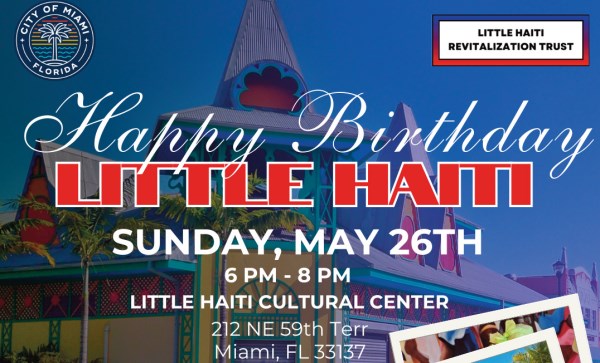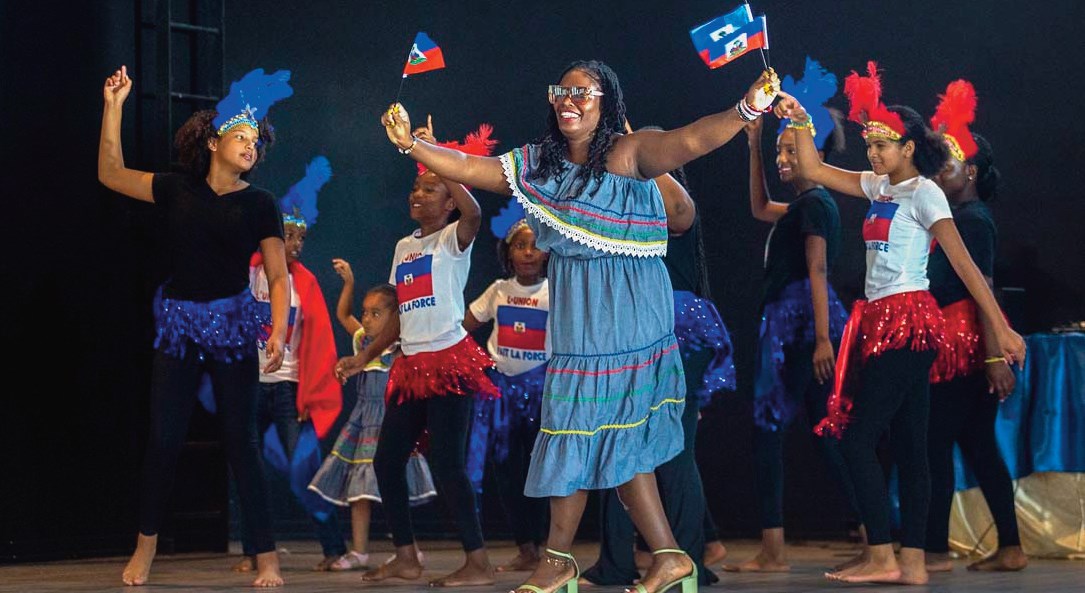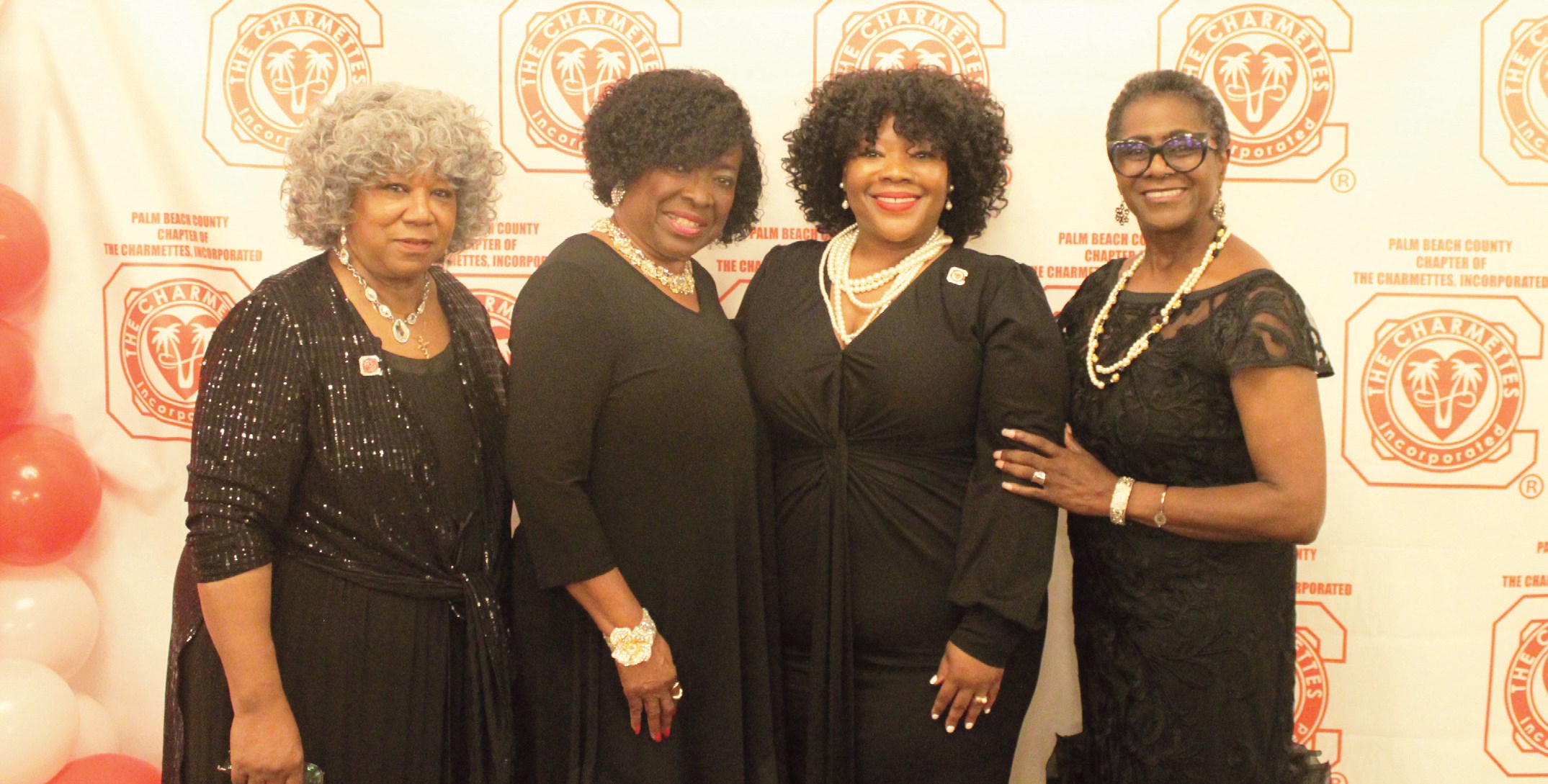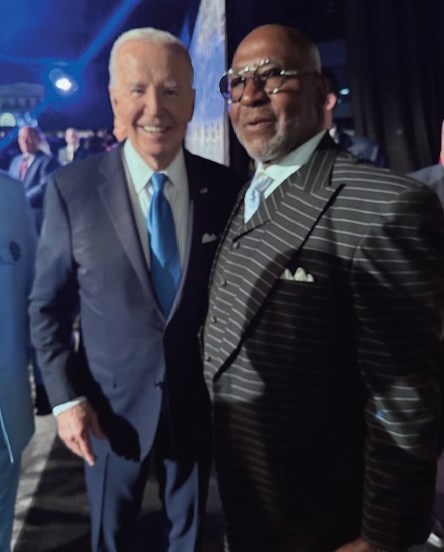Miami, Fla. – Attorney Benjamin Crump is filing a lawsuit against Florida Republican Gov. Ron DeSantis and the state’s Department of Education for rejecting an Advanced Placement African-American studies course pilot program in the state’s high schools.
Crump announced during a press conference Wednesday that he is representing three Black students.
The rejection of the African-American studies course is deepening the discord between DeSantis and local education and political leaders who say it’s the latest example of mixing politics with edu-
cation and impacting students’ social lives with his two controversial bills, Stop WOKE and Don’t Say Gay law.
The state Department of Education’ Office of Articulation sent a missive to the College Board, a nonprofit that oversees AP courses, declining use of the course in Florida, saying it is inexplicably contrary to Florida law and significantly lacks educational value.
“In the future, should the College Board be willing to come back to the table with lawful, historically accurate content, FDOE will always be willing to reopen the discussion,” the letter stated.
Like many Black educational and political leaders across Florida, state Sens. Bobby Powell of Palm Beach County, and Shervin Jones of Miami, both Democrats, as well as MiamiDade School Board member Dr. Steve Gallon III, disagreed with the decision.
Jones – DeSantis’ most vocal critic over Stop WOKE and Don’t Say Gay bills – held a Stop the Black Attack rally in Tallahassee on Jan. 25 to protest the governor’s latest decision.
“We’re back at square one, seeing that we once again have to defend ourselves to be legitimate in America,” he said.
The governor is depriving African American students of learning about their ancestry and cultural history, said Jones.
"This political extremism and its attack of Black History and Black people, is going to create an entire generation of Black children who won’t be able to see themselves reflected at all within their own education or in their own state."
Powell said banning advanced African American studies may violate state law, and "puts Gov. Ron DeSantis’ racial bias on full display."
DeSantis spokesman Bryan Griffin, who released a statement to the media on Jan. 19, said that the course “leaves large, ambiguous gaps that can be filled with additional ideological material, which we will not allow.”
“As the Department of Education has previously stated, if the College Board amends the course to comply, provides a full course curriculum, and incorporates historically accurate content, then the Department will reconsider the course for approval,” Griffin added.
DeSantis defended his decision during a press conference in Jacksonville. “Higher education, though, we believe in Florida it’s about academic excellence and the pursuit of truth,” he said. “We don’t believe higher education should be for ‘social justice’ or to impose an ideology on students. And so that’s a different approach than most colleges right now in our country.”
“I think it’s the approach that most Floridians want to see. And I think it’s the approach that’s ultimately going to be best for Florida’s students. So we’re really excited to be taking on these issues when not many people have been willing to do this. We’re doing it in Florida.”
The College Board is already offering the pilot program in 60 schools in the nation for the 2022-23 school year and plans to make it permanent and available to all schools by 2025.
According to its website, the College Board has been planning for the advanced placement African American studies for 10 years. The organization has been collecting feedback from teachers, students and lawmakers throughout the nation to gauge its chances of getting the course in schools.
“Like all new AP courses, AP African American Studies is undergoing a rigorous, multi-year pilot phase," the website said. “The process of piloting and revising course frameworks is a standard part of any new AP course, and frameworks often change significantly as a result. We will publicly release the updated course framework when it is completed and well before this class is widely available in American high schools.”
In a statement to CNN, the board declined to directly address the decision in Florida but said, “We look forward to bringing this rich and inspiring exploration of African American history and culture to students across the country.”
Florida’s rejection of AP African American studies is seen as an affront to the Black community, given that students are required to take other American and World History courses to graduate high school, but can’t learn their own history.
Gallon, a longtime educator and former high school principal who grew up in Miami, told the South Florida Times he was aware of the College Board’s plans to develop the studies in Florida schools, and was offended by the decision to reject the advanced placement course.
"I wouldn’t speculate the motivation behind it but I am concerned about the lack of clarity around its justification," he said. "I was troubled when it was suggested it lacks educational values. It was a harmful statement that I have read coming out of public space. The statement inexplicably lacking education values was an irresponsible statement that needs to be explained."
Gallon added: "I immediately felt that being a former high school principal, Advanced Placement African American studies impact not just Blacks students but all students. One of the notions is the course is restricted to only Black students but it benefits all students. When I was a student at FAMU, there were White students from Florida State University taking African American Literature courses at FAMU. It shows you that you have to bridge the knowledge of all cultures to understand and know about each other."
Gallon said African American courses give students the opportunity to learn about the struggles, challenges and triumphs of Blacks dating back to the pre-slavery era.
"It was a time when we were kings and queens and famous architects who built pyramids in Egypt," he said. "It broadens the rate of information for not just our students but all students, too."
Gallon said the state’s decision can impact Black students socially and financially, given that they can earn college credits while taking the course in high school, which is called Dual Enrollment.
According to the U.S. Department of Education, college credits earned in high school Dual Enrollment reduces the average time-to-degree and increases the likelihood of graduation for students who participate. More than 60,000 Florida students are enrolled in the program each year.
"It provides a pathway to college for Black students while in high school, “Gallon said. "The financial and social impact on students are significant to their college education."
Gallon said he doesn’t have any immediate plans to express his concerns to DeSantis’ administration. "But if the opportunity presents itself, I plan to remain the voice of advocacy, a voice of justice, the voice of the people, and the voice of education as long as this issue arises," he said. "I have an obligation to lend my voice to this cause."
Newly elected Palm Beach County School Board member Edwin Ferguson, a lawyer and former schoolteacher, told the South Florida Times that cutting off students’ opportunity to learn about valuable African American history and enacting Stop WOKE laws are the latest examples by some in Tallahassee who fail to appreciate how education can benefit students.
"The Stop Woke law ultimately is detrimental to students of all races, their religion, sexual orientation and economics," he said. "The Department of Education is cutting off the access to important information for students."
The issue may be discussed at the upcoming 2023 Legislative Session in Tallahassee, where Black state lawmakers could sponsor legislation in an effort to override the DeSantis’ administration’s decision.
It won’t be an easy task for Democrats who have fought uphill battles against DeSantis and his administration during his first term.
Jones, DeSantis and the governor’s allies clashed last year over the governor’s Stop W.O.K.E. Act and Don’t Say Gay laws that limit lessons on systemic racism, sexism, gender, sexuality and LGBTQ+ issues, and bans instruction regarding sexual orientation and gender identity for students in kindergarten through the third grade.
The governor’s actions targeting Florida’s public school system are impacting students’ educational and social lives, while teachers who disregard the laws can face penalties including termination and fines.
Jones said DeSantis’ Stope WOKE act has stymied Black history in public schools and universities by banning critical race theory concepts.
“Teaching children history, teaching them Black history, which in my mind is American history, and then saying you don’t want your child to learn it, all it does is put us into a predicament where you have children who feel as if it is OK to use racial slurs inside our schools, when children feel it is OK to do the things to make it seem as if they are not a part of what we call America," Jones said.
“It’s an ugly past but there’s a truth to everything that’s happened in the past in the United States of America.”
Jones added that DeSantis is "doing anything to alter the facts to make it look as if our people are not heroes. It’s whitewashing Black history."













No Comment